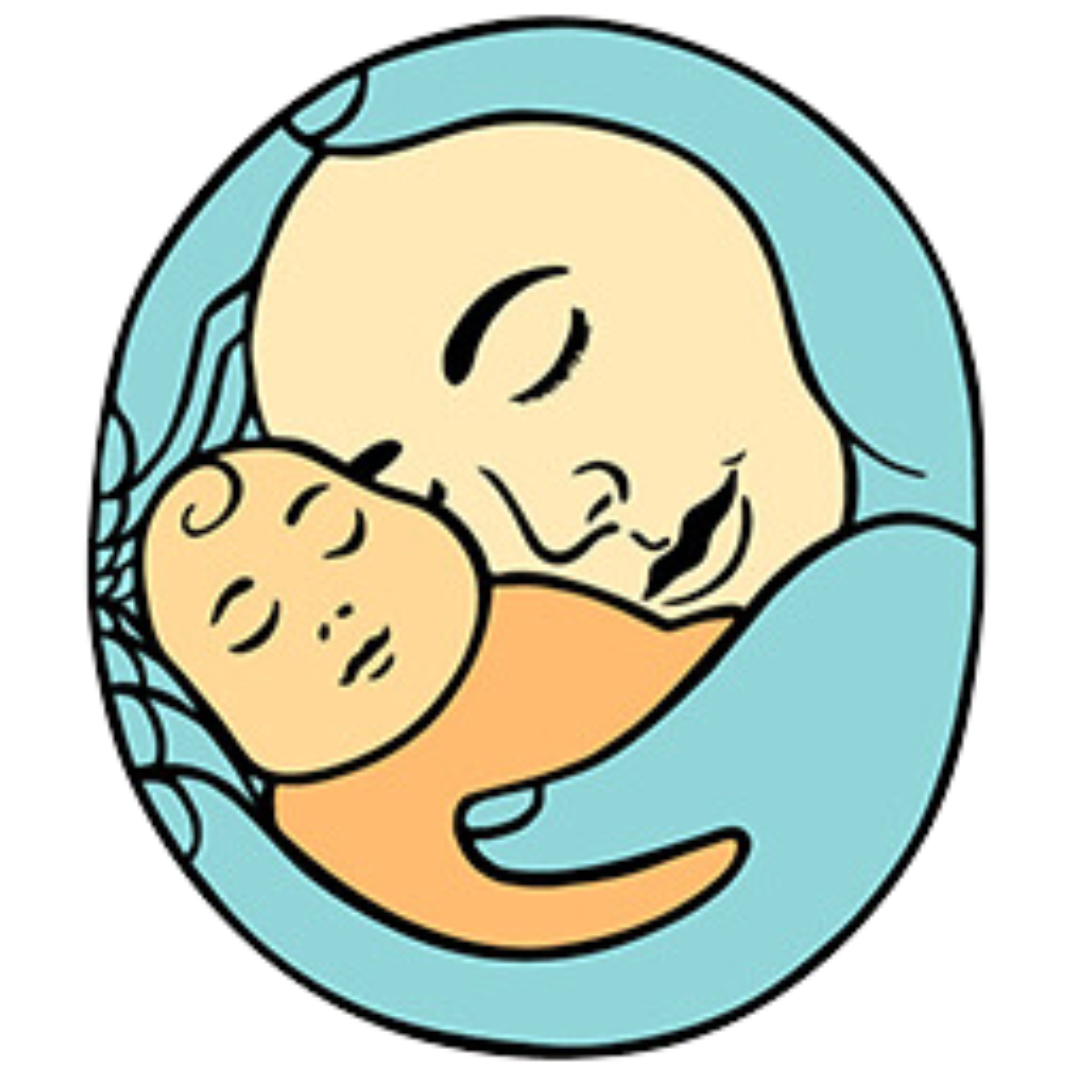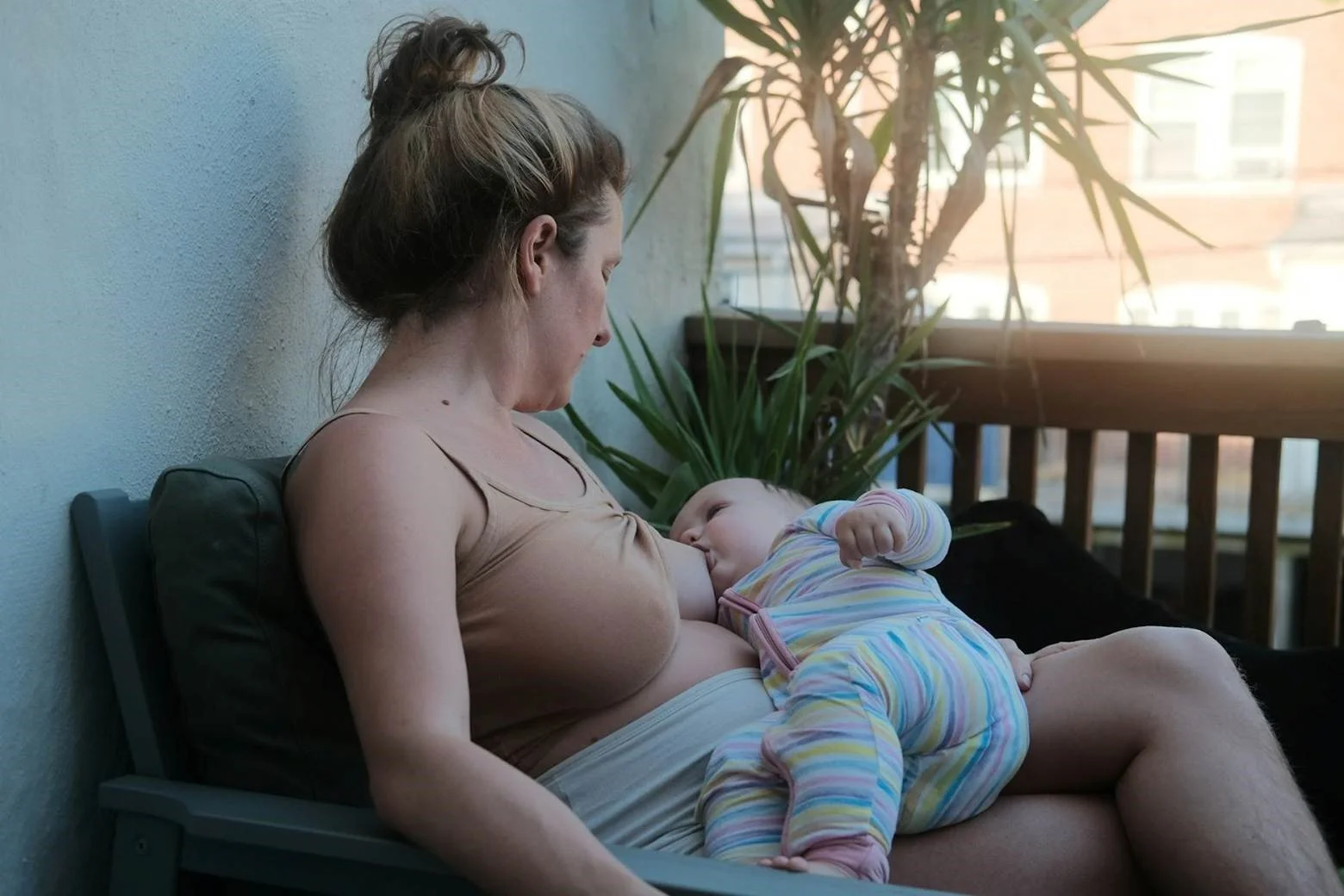What Should You Know About Alcohol and Breastfeeding
Many parents ask whether they can drink alcohol while breastfeeding. This question often arises as more families seek clear and safe ways to balance feeding and enjoying social life. Some parents worry that even one drink could harm their baby or affect the milk supply.
Others hear advice that feels confusing or strict. With so many myths and mixed messages, it can be hard to know what’s true. That’s why understanding how alcohol and breastfeeding work together is so important.
Lo Nigrosh is an International Board Certified Lactation Consultant (IBCLC) and the founder of Lo’s Lactation Lab. She gives evidence-based guidance to parents who face breastfeeding challenges.
Her work focuses on helping families learn safe feeding practices. She also shares practical advice on alcohol use, milk supply, and newborn feeding. Her support helps parents feel confident and informed in their breastfeeding journey.
In this article, we will explore how alcohol moves into breast milk and how long it stays. We will look at safe timing for feeding after drinking and explain why pumping and dumping are not always needed. You will also learn the truth behind common myths and get simple tips for safe breastfeeding.
How Alcohol and Breastfeeding Affect Milk Production
Many parents wonder if they can drink alcohol while breastfeeding. The answer is yes, but it helps to know how it works. Understanding how breast milk is made explains how alcohol gets into it.
Image Credits: Photo by Wren Meinberg on Unsplash
How Breast Milk Is Made
Your body uses nutrients from your blood to make milk. During pregnancy, hormones build the milk-making parts inside your breasts. These include small sacs called alveolar glands.
Here’s how it happens:
The glands pull fats, sugars, and proteins from your blood.
A hormone called prolactin helps turn these nutrients into milk.
Anything in your blood, like alcohol, can move into your milk.
How Alcohol Gets Into Milk
When you drink alcohol, it enters your bloodstream. Since milk comes from blood, some alcohol passes into the milk. The level of alcohol in milk matches the level in your blood.
However, milk does not store alcohol. As your body clears alcohol from your blood, it leaves your milk. This means pumping and dumping do not speed up the process. Once your blood alcohol level drops, your milk will be safe again.
Timing Alcohol and Breastfeeding for Safety
If you want a drink, timing matters. Here’s how to plan:
Feed your baby first, then have your drink.
Wait 2 to 3 hours per drink before breastfeeding again.
Store milk ahead of time if you plan to drink more than a small amount.
Personal Choice Matters
It’s fine to avoid alcohol if that feels right for you. However, knowing how your body handles alcohol lets you make a safe choice. You can enjoy a drink and keep breastfeeding safely with a little planning.
How Your Body Processes Alcohol and Breastfeeding
Understanding how alcohol moves through breast milk can help you make safe choices while breastfeeding. Alcohol enters breast milk the same way it enters other parts of the body through your bloodstream.
Image Credits: : Photo by MART PRODUCTION on Pexels
How Milk Is Released
Your body uses a hormone called oxytocin to release milk. Oxytocin tells the small milk sacs, alveolar glands, to let milk flow out. As milk is made and released, your body keeps pulling nutrients, including alcohol, from your blood into the milk.
The alcohol level in your milk matches the level in your blood. For example, if you took a breathalyzer, the reading would be close to the alcohol level in your milk. Alcohol does not get stuck in milk. It rises and falls in milk just like it does in your blood.
When Alcohol Peaks
Alcohol in the blood usually peaks about 30 to 60 minutes after a drink. This means the alcohol level in breast milk also peaks around the same time. As your body clears the alcohol, the level in both your blood and milk goes down.
Pumping and dumping milk does not remove alcohol faster. The milk will be free of alcohol once your blood alcohol level drops.
Guidelines for Alcohol and Breastfeeding
Drinking small amounts of alcohol is considered safe while breastfeeding. A standard drink means:
4 ounces of wine
12 ounces of beer
1.5 ounces of liquor
How much alcohol stays in your milk depends on how much you drink and your weight. Trusted health centres offer calculators to estimate how long alcohol stays in your system.
Knowing this helps you plan breastfeeding around drinking. You can enjoy a drink and still breastfeed safely with good timing and care.
How Can You Safely Time Alcohol and Breastfeeding
Knowing how to avoid alcohol and breastfeeding helps you feed your baby safely. A simple way to check is to ask yourself: “Would I feel safe to drive?” If you feel clear enough to drive, breastfeeding is also safe.
Image Credits: Photo by Helena Lopes on Pexels
Timing Guidelines
Here’s an easy way to plan:
Wait 2 to 3 hours per drink before you breastfeed again.
Feed your baby first, then enjoy your drink.
By the next feeding, your body will likely clear the alcohol.
If you plan to have more than one drink, it helps to pump and store milk before you drink. This way, you have safe milk ready for your baby while you wait for the alcohol to leave your body.
Do You Need to Pump and Dump
You do not need to pump and dump just because you have alcohol. Pumping and dumping do not remove alcohol from your milk faster.
However, you may still need to pump if your breasts feel too full. If this happens while you still feel affected by alcohol, it’s better not to feed that milk to your baby. You can throw it out or use it for a milk bath or soap.
Is Occasional Drinking Safe
Light, occasional drinking is very unlikely to harm your baby. Studies have not shown long-term harm with moderate, rare drinking.
However, newborns clear alcohol from their bodies more slowly than older babies. Because of this, timing matters even more in the early weeks.
With care and planning, you can enjoy a drink while keeping breastfeeding safe for your baby. Knowing when and how much to drink can help you feel confident in your choices.
What Are the Common Myths About Alcohol and Breastfeeding
Many parents hear myths about alcohol and breastfeeding. Knowing the facts can help you feel sure and calm about your choices.
Image Credits: Photo by MART PRODUCTION on Pexels
Myth 1: You Must Give Up Alcohol Entirely
You do not have to stop drinking alcohol while breastfeeding. Moderate drinking, when timed well, is safe.
The key is knowing how alcohol moves into milk and how long it stays. If you feel clear enough to drive, it is safe to feed your baby.
Myth 2: Alcohol Boosts Milk Supply
Some believe alcohol, especially beer with barley, raises milk supply. This idea comes from research showing barley can increase prolactin, the hormone that makes milk.
However, alcohol lowers oxytocin, the hormone that helps release milk. Even if you make more milk, it can be harder for your baby to get it. Babies may drink less after alcohol because the letdown is harder. Alcohol is not a reliable way to boost milk.
Myth 3: Breastfeeding While Buzzed Always Harms the Baby
Feeding after light or moderate drinking does not mean automatic harm. Alcohol in your milk is much lower than in your blood.
Your body filters alcohol with other nutrients before it reaches your baby. The amount that passes to your baby is very small, especially if you drink moderately.
Final Tips for Alcohol and Breastfeeding
Here are simple ways to stay safe:
Time feedings carefully: Wait longer if you have more than one drink.
Watch your baby’s age: Young babies clear alcohol slower than older babies.
Pump for comfort: Pump if you feel full to avoid clogged ducts.
Use trusted resources: Check places like the Infant Risk Center for advice.
With planning and care, you can enjoy alcohol while breastfeeding without guilt or worry.
Conclusion
Alcohol and breastfeeding can work together safely when you plan and know the facts. You do not need to stop drinking completely if you follow safe timing. A small, occasional drink is fine when you wait long enough before feeding. Your milk clears alcohol as your blood clears it. There is no need to pump and dump unless your breasts feel full and you need relief.
Many parents worry because they hear myths. However, research shows that moderate drinking, done with care, does not harm your baby.
It helps to remember that newborns take longer to clear alcohol. If your baby is very young, it is safer to wait longer before feeding. Always ask yourself if you would feel safe to drive. If you would, then it is safe to feed.
You can enjoy a drink at a party or dinner without guilt. Feed your baby first, then enjoy your drink. If you plan to drink more than one, store milk beforehand. This gives you peace of mind for the next feeding.
Trust your body and science. Use trusted resources if you need more advice. With the right timing and care, you can include alcohol and breastfeeding in your life safely and without worry.
FAQs
Can alcohol and breastfeeding affect my baby’s sleep?
Yes, alcohol in breast milk may make your baby sleep for shorter periods. It can also lower the quality of their sleep.
Does alcohol change the taste of breast milk?
Yes, alcohol can change the flavor of breast milk. Some babies may refuse to feed because of the taste.
Can alcohol and breastfeeding affect my baby’s growth?
Moderate, occasional drinking shows no proven long-term effects on growth. Heavy, regular drinking is not recommended.
Can alcohol and breastfeeding increase my baby’s risk of illness?
No strong evidence links moderate drinking with increased illness risk. Heavy drinking may affect immunity.
How soon after birth can alcohol and breastfeeding be safe?
It is safer to wait until breastfeeding is well established, usually after the first few weeks.




